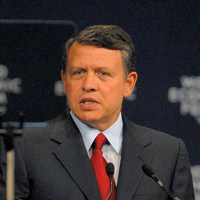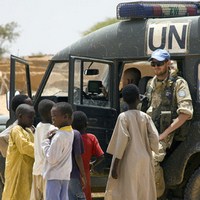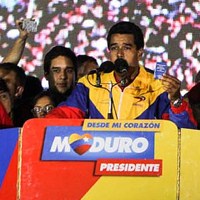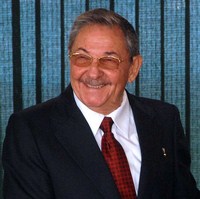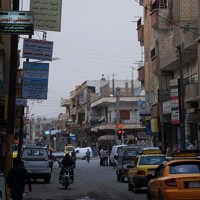
Later this month, representatives from Russia, Norway, Denmark, Canada and the United States will meet in Washington to discuss a possible accord that would regulate commercial fishing near the North Pole. Until recently, lack of regulation over the Arctic Ocean was not a priority for world powers, since ice made its waters inaccessible. But as the world warms, more and more polar ice thaws during the summers, creating newly opened waters and the need to address commercial exploitation. The agreement under discussion, a possible fishing moratorium, “would set an important precedent by way of deviating from the frontier mentality that […]

